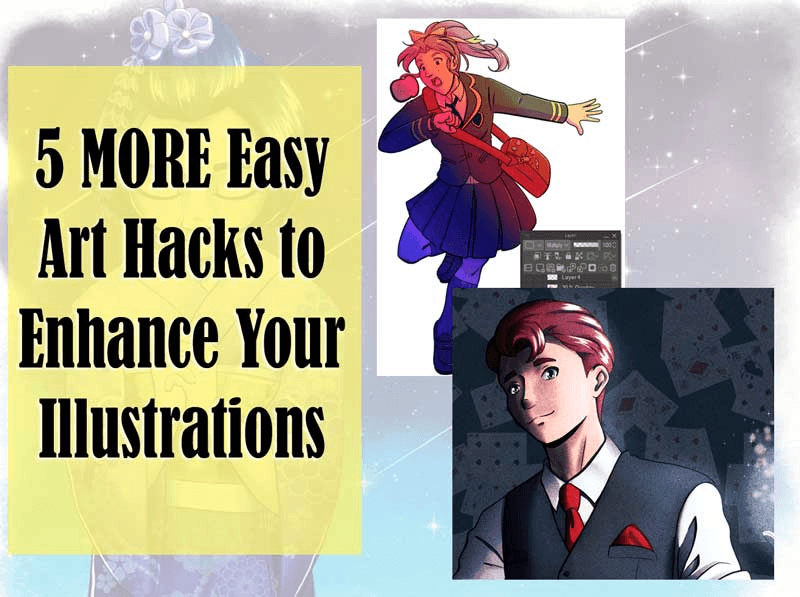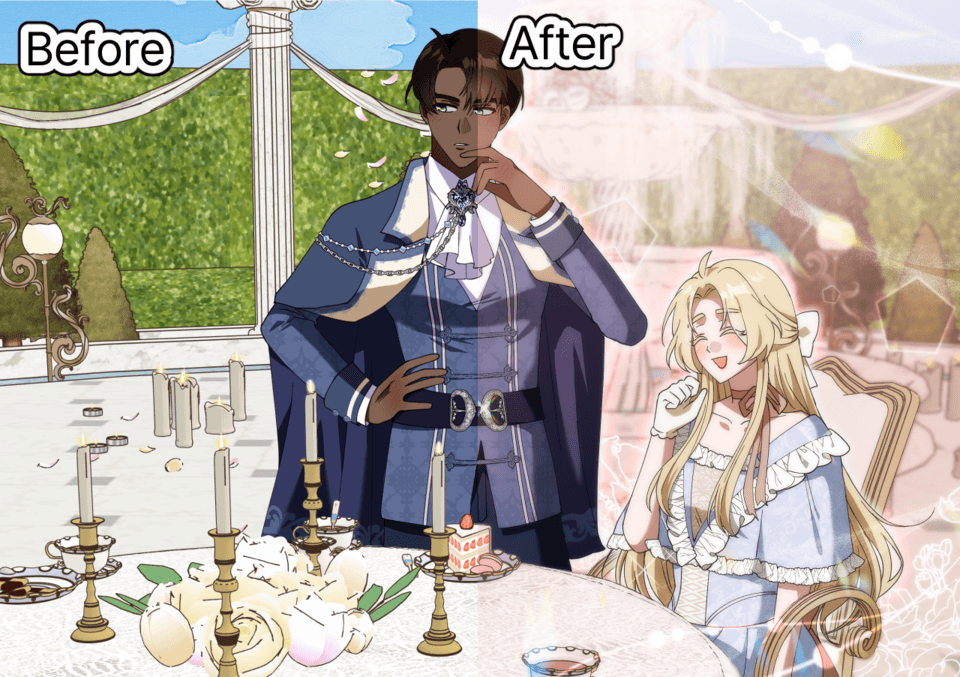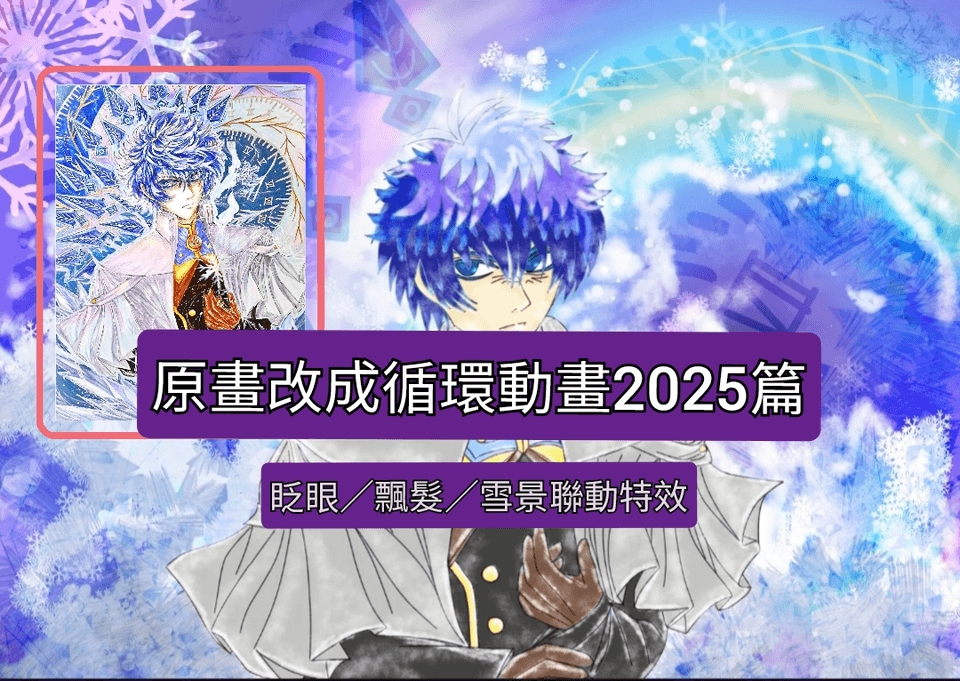Coloring features for comic art
Unlike semi realistic illustrations for comic art you must learn to save time using some efficient features of clip studio paint.
In this tutorial I am going to explain how I paint a particular panel of my comic.
Line art
I always start my comic art with a clean line art because I paint my comic using the bucket tool.
Creating color sets
I do create a color set for my comic characters, it is very important to do this because it saves a lot of time and it also aids consistency.
**Click on the color set icon on your workspace.
You will see the default color sets that is on CSP
**click on the setting icon to create your own color set.
**click on "create new color set"
Once you name your color set, you should see something like this;
**Select a color anduse the icons below to add the color to the set.
You are done
Coloring process
Now that I have my color set I can easily select the color to use and paint my illustration.
Firstly, I used the bucket tool to add color to my character's lineart because it saves a lot of time especially for a comic illustration.
For more about the fill tool you can check this tutorial, it's very helpful especially for beginners
I started shading the character with the blending mode set on multiply with a soft brush.
I started applying color to the buildings in the back ground using the fill tool
I also shaded the buildings with some level of gradation using the gradient eraser.
For the sky, I used clipstudio default gradient to add evening-like gradient to the sky.
Note: gradients are used to mimic some scenes and they help to save time while using them. Gradients can also be used as filters.
I used the blending tool to mix the colour of the gradient a bit to avoid the obvious pattern since nature don't reveal too much pattern.
Note: the blending tool can be used to mix two colors together.
I started adding few details like clouds, windows to the sky and buildings.
Let's lighten up the drawing by adding reflected lights to the character and buildings.
I used the lasso tool to mark out where I will apply my color and I use an hard brush to paint through the marked areas.
Note: lasso tool is useful for picking a specific place in your illustration that you want to apply shadow or light. It is also important when doing a lineless art illustration.
I used CSP default blur brush to blur the hard edges of where I applied light to make it look three-dimensional.
There are more important painting features on CSP like using of gradient maps, grayscale, color mixer among others, what you will use depends on your workflow.
And that's the final process of the illustration. I hope you find this helpful, thanks for reading.














Commentaire